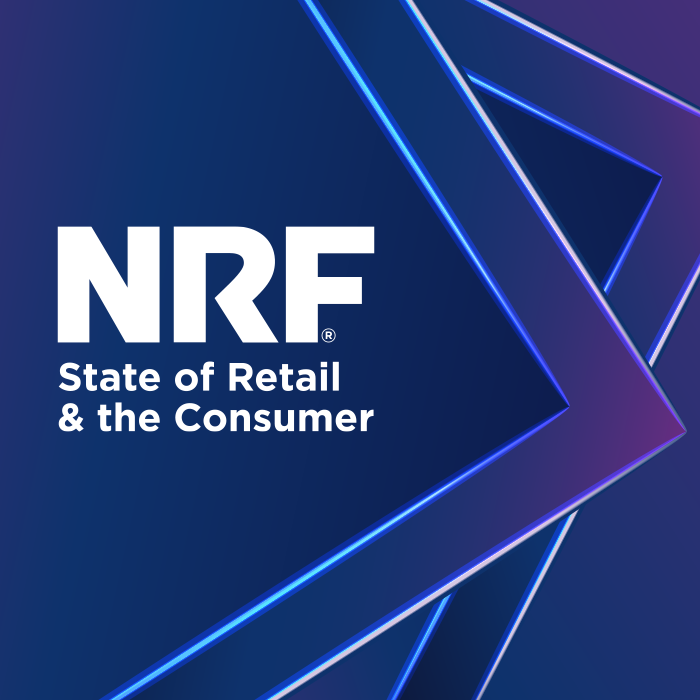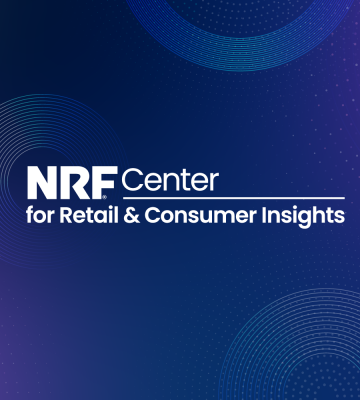Five to Thrive: Immigration Policy
Five to Thrive: Immigration Policy
Small retail businesses face distinct challenges when employing foreign-born individuals. Employers are legally required to ensure that all employees have authorization to work in the United States. Below are concise, practical recommendations for navigating immigration challenges. Given the complexity of immigration policy, consulting a qualified attorney is strongly advised.
1. Verify employee eligibility with Form I-9 and E-Verify
All employers in the United States are obligated to verify the identity and employment authorization of each new hire by completing Form I-9 within three days of the employee’s start date. Employers must review the documents provided to confirm they appear authentic. E-Verify is an electronic system that can be used to confirm work authorization, and its use is mandated in some states. More detail from the U.S. Citizenship and Immigration Services can be found here.
2. Sponsor high-skilled workers through the H-1B visa program
The H-1B visa is for specialty occupations requiring a bachelor’s degree or higher. Retailers commonly use the program for specialized roles, such as ecommerce and information technology. To qualify, a business must establish a bona fide job offer for a role that cannot be filled by a U.S. worker and demonstrate the ability to pay the H-1B worker's prevailing wage. Employers desiring to use the system must sponsor the worker and file a Labor Condition Application with the Department of Labor and submit Form I-129 to USCIS. Applications are subject to annual quotas and must be made during the designated filing period. Details on the program from DOL can be found here.
3. Apply for H-2B visas to fill temporary jobs
The H-2B visas are for temporary, non-agricultural jobs, such as seasonal retail work. Employers may sponsor H-2B workers on a recurring basis for periods of up to 10 months or on a one-time basis for up to three years. Employers looking to use this program must demonstrate that there are not enough U.S. workers available in the particular geographic area. Like the H-1B program, this program requires an application to DOL and the submission of Form I-129 to USCIS. More information from USCIS can be found here.
4. Partner with J-1 sponsor organization to hire exchange workers
Many small retailers utilize the J-1 visa program for educational and cultural exchange. These are usually younger workers who are permitted entry into the United States for a short time to work and experience life in this country. Employers must partner with a designated J-1 sponsor organization, which manages the application process and completes the necessary documentation. The State Department’s website on the program is here.
5. Respond appropriately to ICE visits at retail locations
NRF has received reports of Immigration and Customs Enforcement personnel entering retail facilities. Although these instances are very infrequent, employers of all sizes should understand their rights and those of their employees. Employers may request that ICE agents show a warrant before entering non-public areas or accessing confidential information, while always maintaining a non-confrontational posture. NRF partnered with legal experts at Greenberg Traurig on a pair of documents (here and here) with much more detail to aid retailers in these situations.





